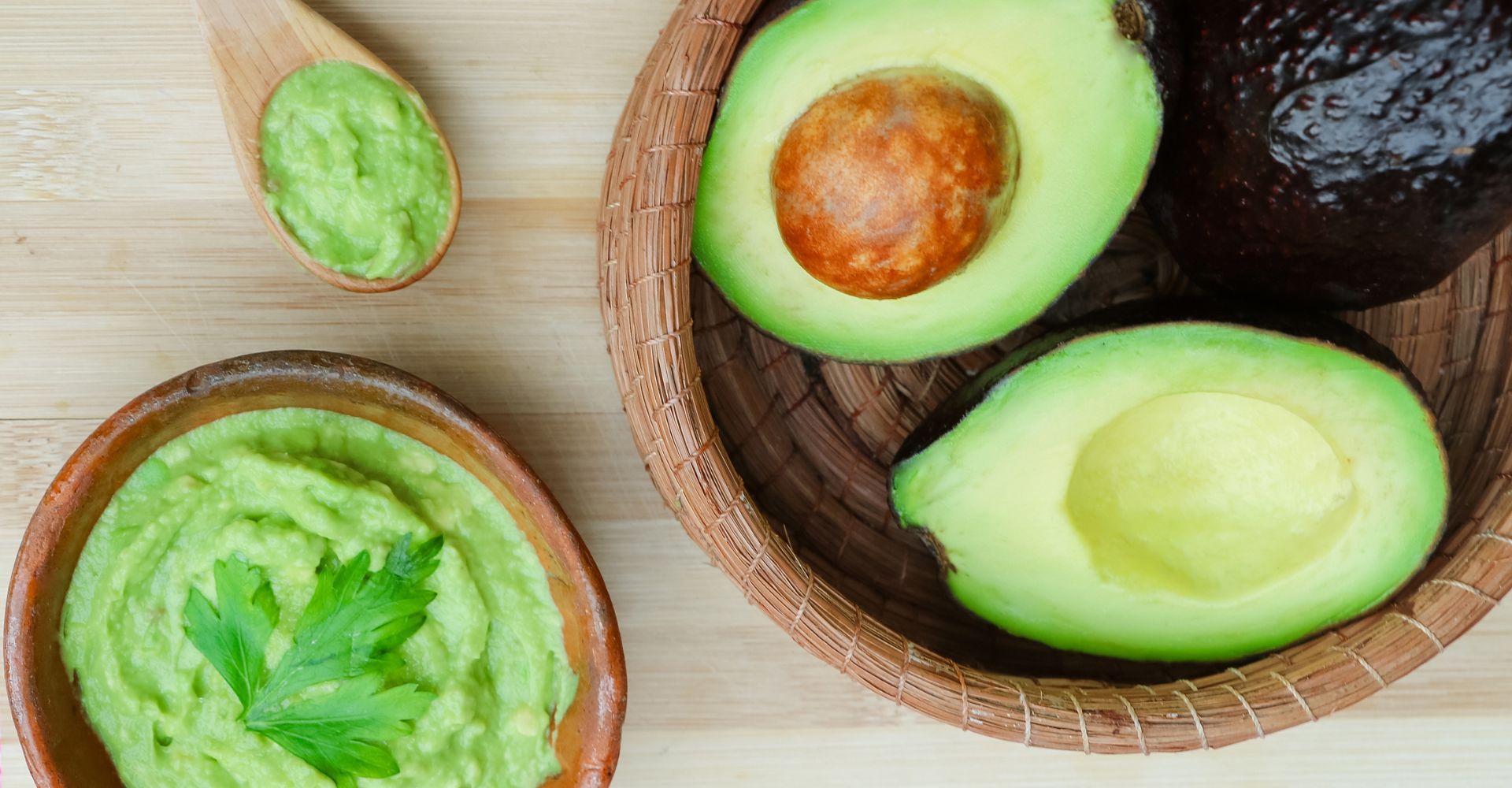
For a better and faster shopping experience, download app
Unkown

7 Powerful Health Benefits of Avocado that will Surprise you
Introduction
Avocados are so nutrient-dense that they’re technically classified as a berry—and they contain more potassium than bananas!
Creamy, satisfying, and rich in healthy fats, avocados are one of the most versatile superfoods you can add to your diet. From guacamole to smoothies, they not only elevate flavor but also deliver a powerhouse of nutrition in every bite. Packed with monounsaturated fats, fiber, vitamin E, potassium, and folate, avocados support everything from cardiovascular health to glowing skin.
In this post, we’ll explore 7 proven avocado health benefits, supported by scientific studies and practical takeaways:
- Heart Health
- Brain Function
- Digestive Health
- Blood Sugar Control
- Antioxidant Power
- Weight Management
- Skin & Hair Health
Let’s take a closer look at why avocados are worth eating every day.
1. Supports Heart Health
Avocados are rich in oleic acid, a heart-healthy monounsaturated fat that helps lower LDL (bad) cholesterol and increase HDL (good) cholesterol. They’re also high in potassium, which helps regulate blood pressure and maintain electrolyte balance.
A 2023 study in the Journal of Nutrition found that participants who ate one avocado daily experienced a 10% reduction in LDL cholesterol and significant improvement in arterial function. Another Harvard study published in 2022 linked two servings of avocado per week with a 21% reduced risk of heart disease.
Including avocados in your regular diet can help reduce the risk of stroke, high blood pressure, and coronary artery disease over time.
2. Enhances Brain Health
Avocados provide essential brain nutrients like monounsaturated fats, folate, and vitamin E. These nutrients support healthy brain cell membranes, improve circulation to the brain, and protect neurons from oxidative stress.
A 2020 study in Frontiers in Aging Neuroscience showed that diets high in monounsaturated fats were linked to better cognitive performance in older adults. Folate is known to reduce the risk of cognitive decline, while vitamin E helps fight neurodegeneration.
Regular avocado consumption can support better memory, focus, and reduce the risk of neurodegenerative diseases like Alzheimer’s.
3. Promotes Digestive Health
Each half of an avocado delivers about 7 grams of dietary fiber, which promotes regular bowel movements and supports a healthy gut microbiome. The prebiotic fibers feed beneficial bacteria in your gut, improving digestion and nutrient absorption.
A 2021 study in The Journal of Nutrition found that people who ate avocados daily had higher levels of microbial diversity and reduced bile acid concentrations, both indicators of improved gut health.
Eating avocados regularly may reduce bloating, constipation, and inflammation in the digestive tract, leading to better overall gut function.
4. Help Regulate Blood Sugar
Avocados are low in carbs and have a low glycemic index, meaning they don’t spike blood sugar. Their high fiber and fat content help slow the digestion of carbohydrates and reduce insulin spikes.
A study published in Nutrients in 2019 found that replacing high-carb foods with avocado improved insulin sensitivity and reduced post-meal blood glucose in overweight individuals.
Avocados are an ideal food for people managing Type 2 diabetes or insulin resistance, and they help maintain steady energy levels throughout the day.
5. Delivers Antioxidant Power
Avocados are rich in lutein, zeaxanthin, and glutathione—three potent antioxidants that protect cells from oxidative damage. These compounds support vision, reduce inflammation, and neutralize free radicals.
According to a 2020 review in Antioxidants, avocados offer higher bioavailability of antioxidants compared to many other fruits due to their fat content, which enhances absorption.
Incorporating avocados in your diet may slow aging, reduce your risk of chronic diseases, and support cellular repair and eye health.
6. Aids in Weight Management
The healthy fats and fiber in avocados promote satiety, helping you feel full longer. This can prevent overeating and support a healthy metabolism.
A 2022 study in Nutrients found that people who regularly consumed avocados had lower BMI, reduced waist circumference, and improved weight distribution compared to non-consumers.
Including avocados in meals can help with portion control, reduce cravings, and support sustainable weight loss.
7. Improves Skin & Hair Health
Avocados contain vitamin E, vitamin C, and biotin, which support collagen production, hydration, and scalp health. The monounsaturated fats also enhance skin elasticity and reduce dryness.
A 2021 article in Dermatology and Therapy noted that a diet rich in avocados improved skin elasticity and reduced signs of aging in middle-aged women after 8 weeks.
Whether consumed or applied topically, avocados can help you achieve radiant skin, reduce breakouts, and support stronger hair growth.
How to Enjoy Avocados
Avocados are incredibly versatile. Here are some easy ways to enjoy them:
Simple Ideas:
- Spread on toast with lemon and chili flakes
- Blend into smoothies for creaminess
- Dice into salads and grain bowls
- Mash for classic guacamole
- Use as a butter or mayo substitute in baking
Daily Serving Suggestion:
- Aim for ½ to 1 avocado daily to enjoy the full range of health benefits
FAQ
Q: Are avocados fattening?
A: No. Despite being high in fat, the fats in avocados are healthy and support weight management when eaten in moderation.
Q: Can diabetics eat avocados?
A: Yes! Avocados are low in sugar, high in fiber, and improve insulin sensitivity, making them an excellent choice for diabetics.
Conclusion
Avocados are one of nature’s most perfect foods—rich in nutrients, loaded with healthy fats, and proven to benefit your heart, brain, digestion, skin, and more.
Medium size, deep green skin with creamy flesh, buttery and nutty taste
1 Pc (130-180 Gms per pc)
₹130
₹83
Large sized, deep green skin with creamy flesh, buttery and nutty taste
- 1 Pc (180+ gms)
- 2 Pc (180+ g per pc)
₹168






![Avocado Hass [Imported]img 1 Avocado Hass [Imported]img 1](https://im.pluckk.in/unsafe/1035x0/uploads/26867-vertical-images-sku-35.jpg)
![Premium Avocado Hass [Imported]img 1 Premium Avocado Hass [Imported]img 1](https://im.pluckk.in/unsafe/1053x0/uploads/new_sku_designs_v3/241224370AL/1.jpg)



